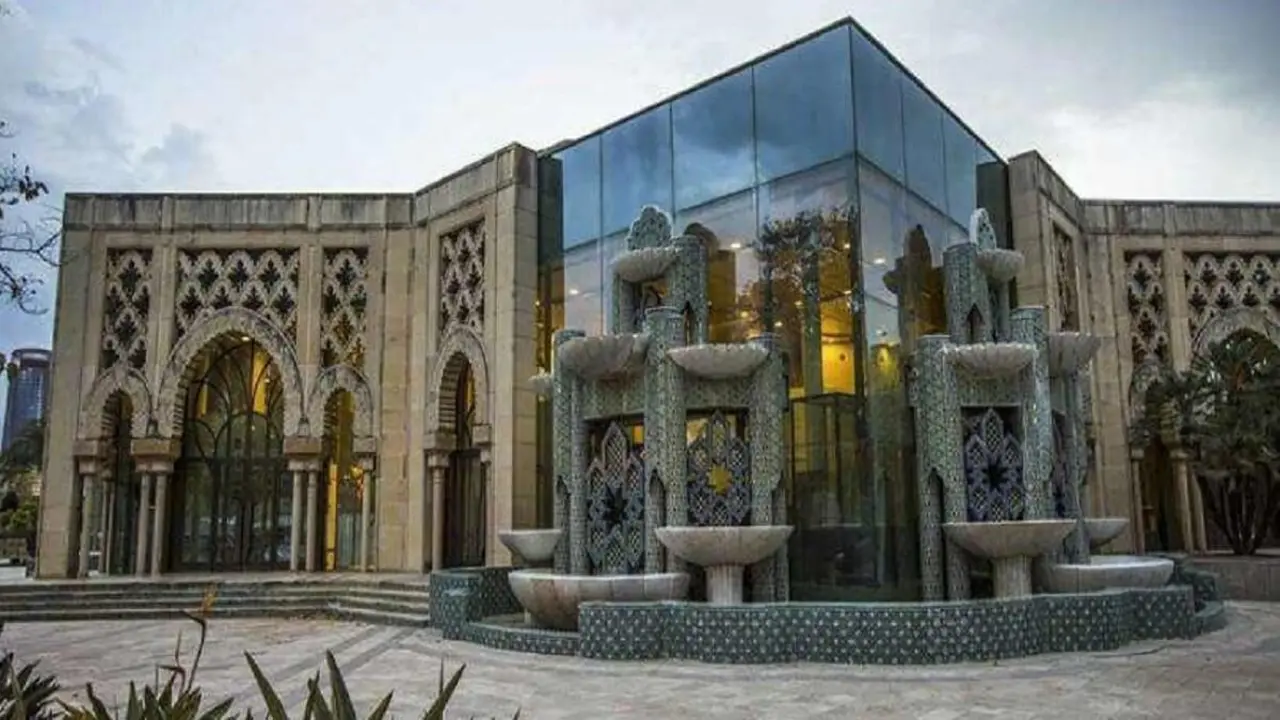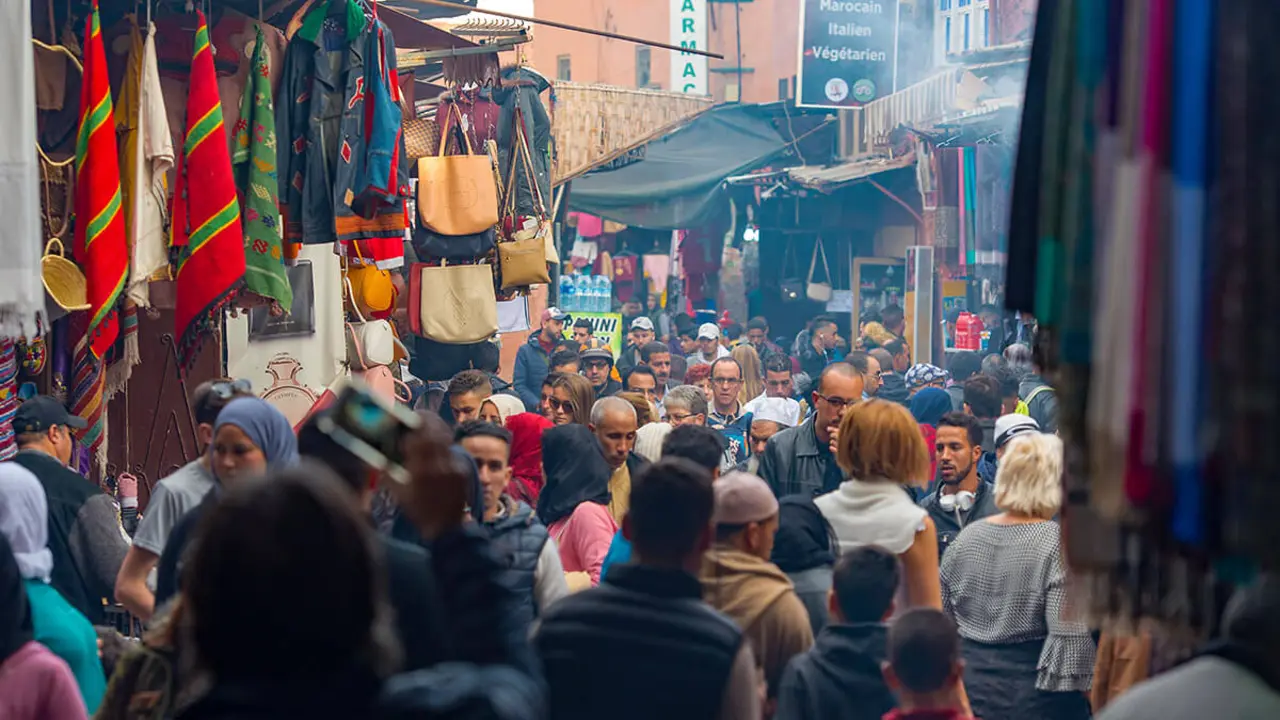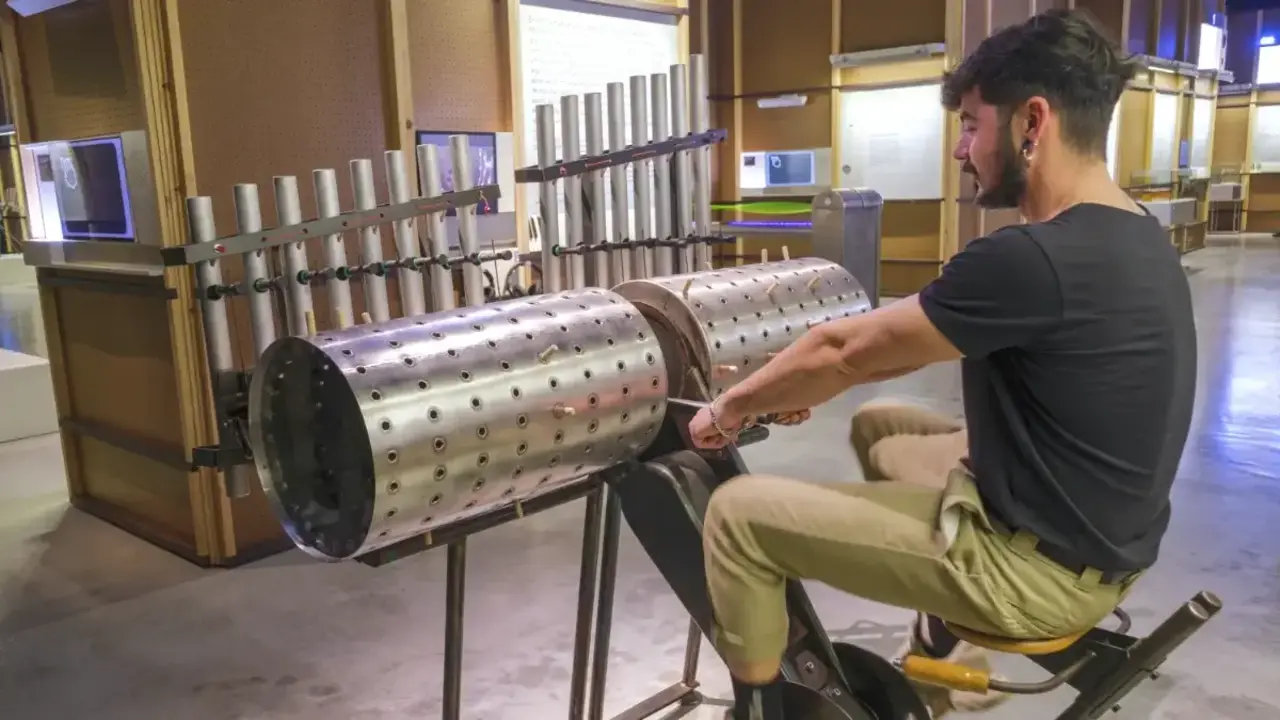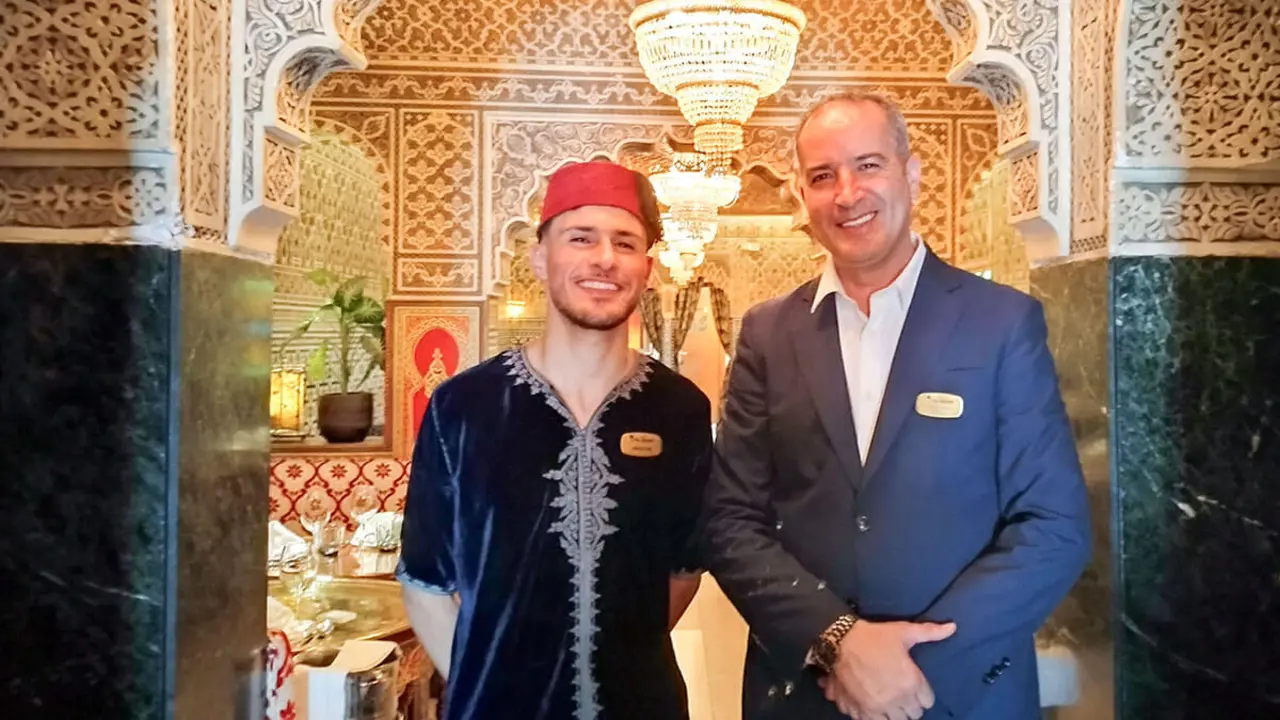Civil Society holds its 4th Congress in Seville under the slogan ‘The Spain that leads‘
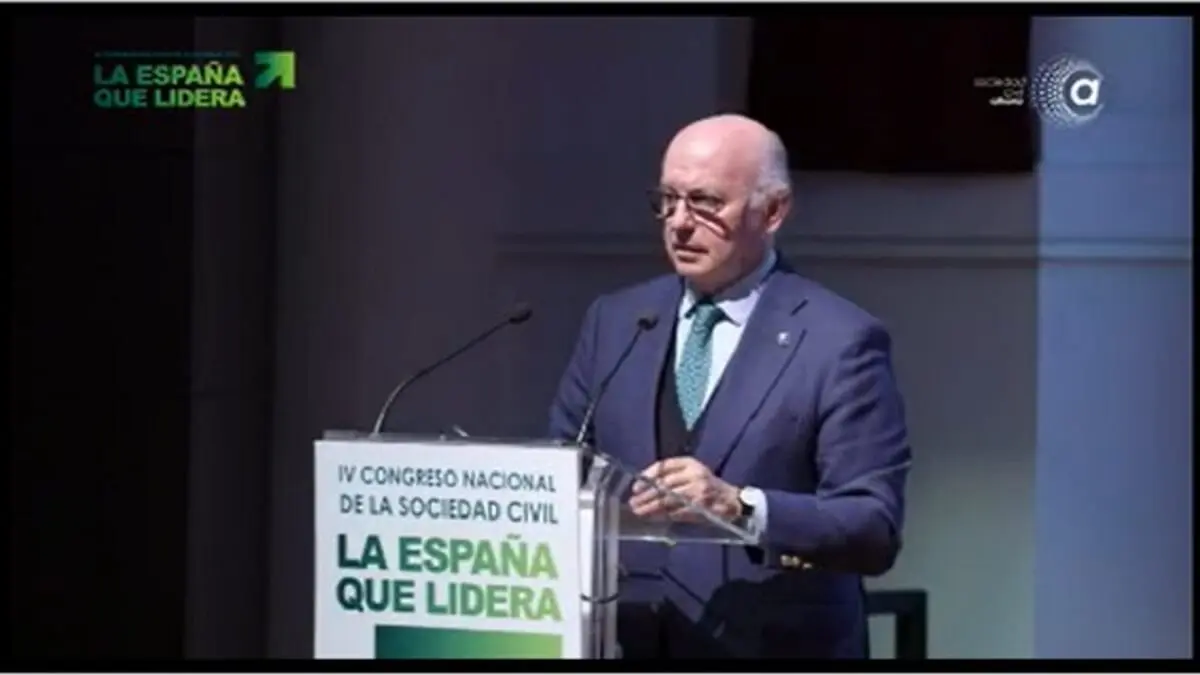
‘The Spain that leads’ is the title chosen for this edition, which began this morning in the Andalusian capital under the presidency of Aldo Olcese, with the aim of ‘helping to improve Spain'. An interesting meeting which, from a positive point of view, brings together leading specialists to address Spain's leadership in many sectors, despite the complications of domestic politics, and to seek solutions to future challenges.
During the opening ceremony, and after the introduction by the journalist and writer Sheila Hernández Torres, who reminded the audience that this meeting is to highlight the reasons why Spain is a point of reference, Antonio Pulido Gutiérrez, President of the Cajasol Foundation, took the floor and pointed out that this congress makes Seville the capital and spokesperson for civil society.
He recalled that, by vocation and trajectory, they form part of the group of entities that promote this forum and also the mobilisation in favour of dialogue and the common interest of citizens regardless of ideologies, beliefs or legitimate cultural and territorial identities. He also praised the positive approach of the conference in terms of highlighting the many facets of Spain's leadership.
Pulido insisted that with everyone's efforts, Spain has become a benchmark in terms of quality of life and life expectancy, natural environment, sustainability, tourism and gastronomy, culture and heritage, equality and law, infrastructures... And he affirmed that we are a society and a democracy of reference ‘that must take advantage of its strength to advance and improve’.
Finally, he defended the collaboration between the private and public sectors, the will to unite over and above differences, and the need to give visibility and a voice to the proposals of civil society, as this congress does. ‘It is very important to promote the values that are flags: dialogue, harmony and full confidence in our land’, he stressed.
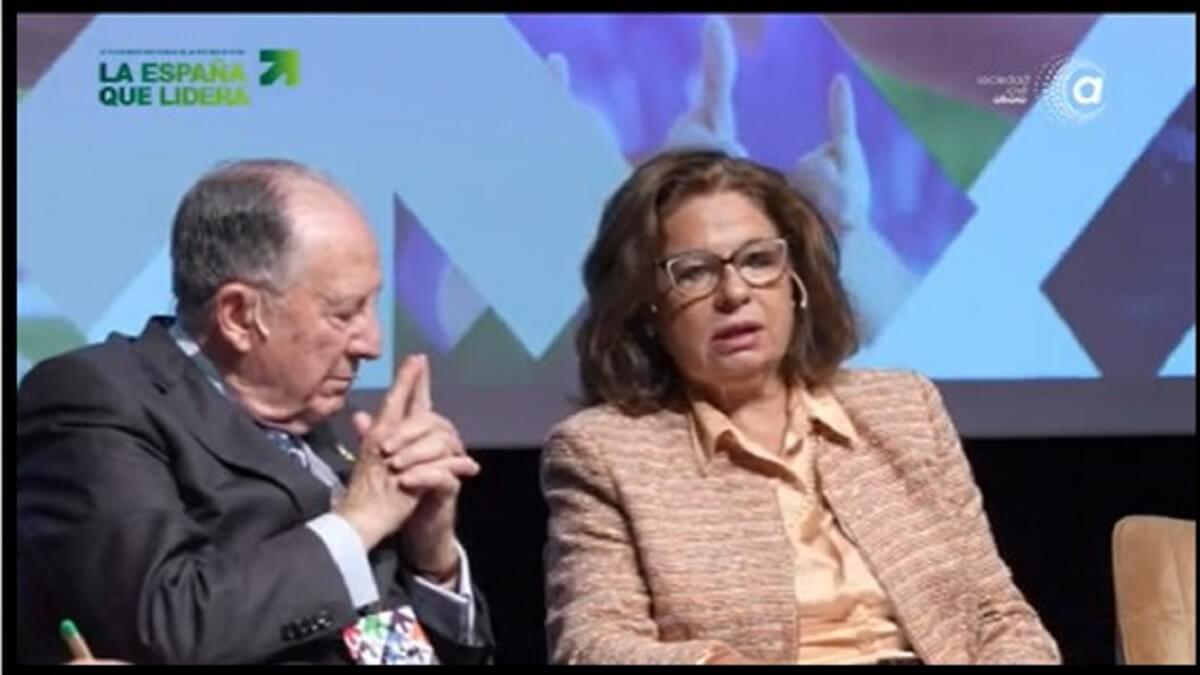
Itinerant think tank
The President of the Asociación Nacional Sociedad Civil Ahora, Aldo Olcese, then spoke to recall that the Association, which was created five years ago, is the sum of some thirty foundations and entities that decided to join together with the aim of creating this congress as an itinerant and permanent centre of thought, the first being in 2020, in Madrid, under the slogan ‘Rethinking Spain’; the second, in Valencia, on ‘Relaunching Spain’; the third, ‘Regenerating Spain’, in Madrid again; and this fourth: ‘The Spain that leads’, in Seville.
Olcese emphasised the regenerative and modernising objective to help Spain and to hand over the conclusions to the politicians, ‘who are responsible for bringing our country to a successful conclusion’. ‘We are not here to replace politicians, but to collaborate and help politicians to do things better,’ he said. That is why, after these debates, in which 300 speakers took part, with common values such as independence and altruistic collaboration, they produced a publication to be given to the king and all the parliamentarians. The sole objective, Olcese affirmed, is ‘to help improve Spain’.
He also explained that this year's slogan seeks to inspire a certain pride in belonging to our country at a time when the political context is very abrupt and where Spain is being used as a weapon of war. ‘It does not deserve that we Spaniards think that it is not a great country when it is extraordinary for so many reasons’, he said. In this respect, he recalled that Spain is a world leader in tourism, but also in culture, sport, gastronomy, sustainability, infrastructures, finance... and one of the main players in the transformation that the world is undergoing.
Nor did he forget the important role played by young people and the desire ‘for them to jump on this bandwagon’ and alluded to the Young Leader Award, which this year goes to Sofía Iturbe who, like last year's winner, Montserrat Hernández, ‘has made her life a service to society’. Olcese explained that Iturbe has devised a novel model to enable young people to gain access to home ownership through a simultaneous process of renting for the first few years, which is transformed into a mortgage through investment funds committed to the project.
He concluded by alluding to the great transformations that Europe and Spain will undergo in the coming years, and sent out a message of positivity: ‘There have always been great challenges, the main thing is to face them, understand them, confront them and resolve them with good will’.
Pilar Blanco-Morales, academic director of this congress and former First Vice-President and Minister of Finance and Public Administration of the Regional Government of Extremadura, spoke of the times of political, economic and social transformation we are living in and of the fundamental role of civil society ‘to forge a fairer and more sustainable future’. She stated that the purpose of this meeting ‘is to be a voice that inspires change and places the concerns of citizens at the centre’, while highlighting Spain's leadership in key areas, and tackling the problems and challenges, among which she cited the growing polarisation affecting society, and not only Spanish society.
The professor warned that polarisation generates fear, and discourses of fear are tools to feed mistrust and confrontation. She also indicated that fear paralyses, distorts reality, weakens the social fabric and takes us away from the path of understanding and cooperation. ‘It is necessary to prevent fear from dictating our decisions; this is the great responsibility of civil society‘.
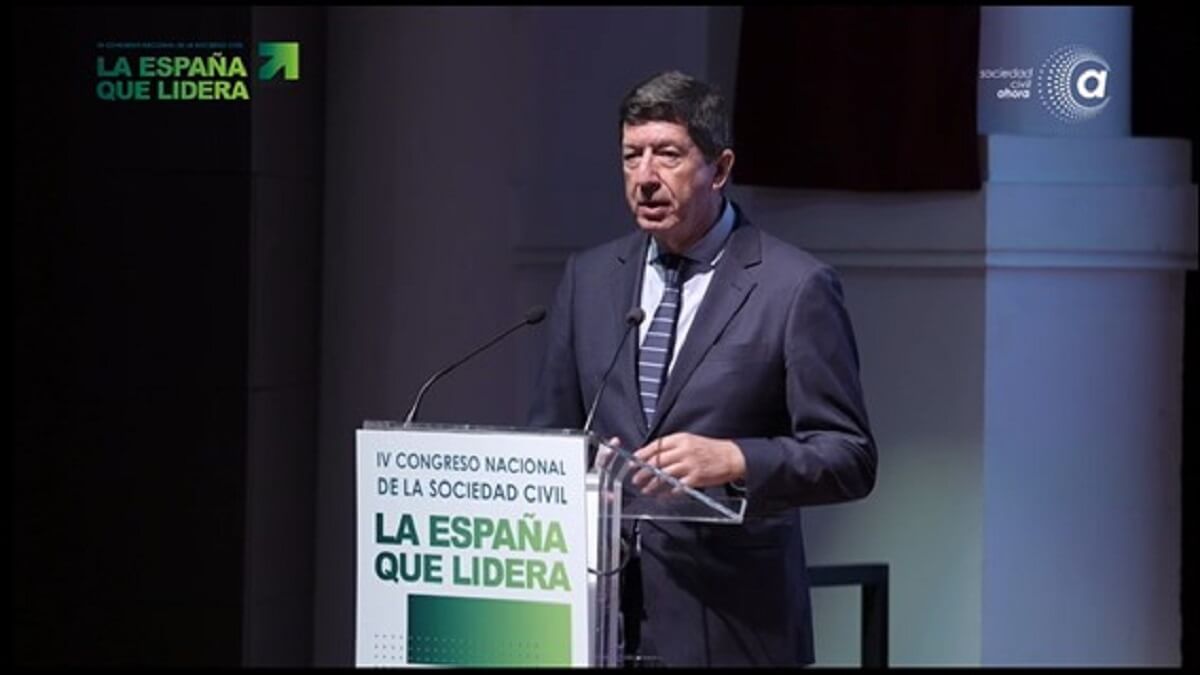
She also indicated that the achievements they will analyse in this meeting will give them the courage to face problems ‘with creativity, hope and perseverance’.
Blanco-Morales stressed that this congress is an expression of the vitality of civil society, a reminder that when we join forces we are capable of influencing the decisions that shape our lives, and concluded by expressing his hope that ‘it will be an engine of change for collective well-being’.
The event was opened by Juan Antonio Marín Lozano, President of the Economic and Social Council of Andalusia, who stressed that they had come to learn because politicians are part of civil society and also have a responsibility. He praised the idea of talking about Spain in a positive way, and stressed that Spain cannot be understood without the European Union, which is why he alluded to the 2023 report drawn up by Enrico Letta, former Prime Minister of Italy, in which he said that the European Union is much more than a market. ‘We are not just talking about the economy, we are talking about society as a whole,’ he said.
He expressed his belief that congress contributes to improving people's lives and that this should be the goal of those at the head of any public or private institution.
Finally, he reiterated the good idea of speaking positively, ‘because we need to, because there is a lot of noise’, and the importance of analysing where we want to go and if we want to do it all hand in hand. ‘Let's work together, let's look for solutions and move forward in dialogue and research,’ he said, organising more forums that allow the important issues that will shape the future of Spain to be put on the table.
The words of Alfredo Rocafort Nicolau, President of the Royal European Academy of Doctors, closed this inaugural event, words that highlighted the importance of civil society as a promoter of change, a society that must be dynamic, determined and key to collaboration and sustainability, and of which he also highlighted other elements such as independence and rigour.
He also spoke of the future and the need for cooperation, and referred to knowledge as a driving force for social change. This congress, he said, is a unique opportunity to advance towards a more sustainable society and the starting point for new alliances for a better society.
The congress continued with the screening of a video by former Italian Prime Minister Enrico Letta, author of the report ‘Much more than a market’ for the European Commission, in which he addressed the major challenges facing the European Union and the need to interpret financial markets if we want to be competitive. He also referred to the digital transition and its complexities, as it will affect several sectors, to what he called the ‘Investment Savings Union’, which will be the great challenge to finance this transition with public and private investments, and to the need to also invest in innovation and other sectors.
Throughout the day, different panels will be held: The Spanish way of life and Spain's competitive position; Leadership in quality of life; Spain, the most attractive country in the world to visit; Sustainable and humanist leadership; Spain, world champion in sport, culture, equality and executive training; Competitive and efficient leadership; Spain, European leader in finance and insurance; and The great challenges and opportunities for Spain. Debate panels with the participation of leading experts and representatives from different sectors of society, which highlight the motto of this meeting: The Spain that leads.



